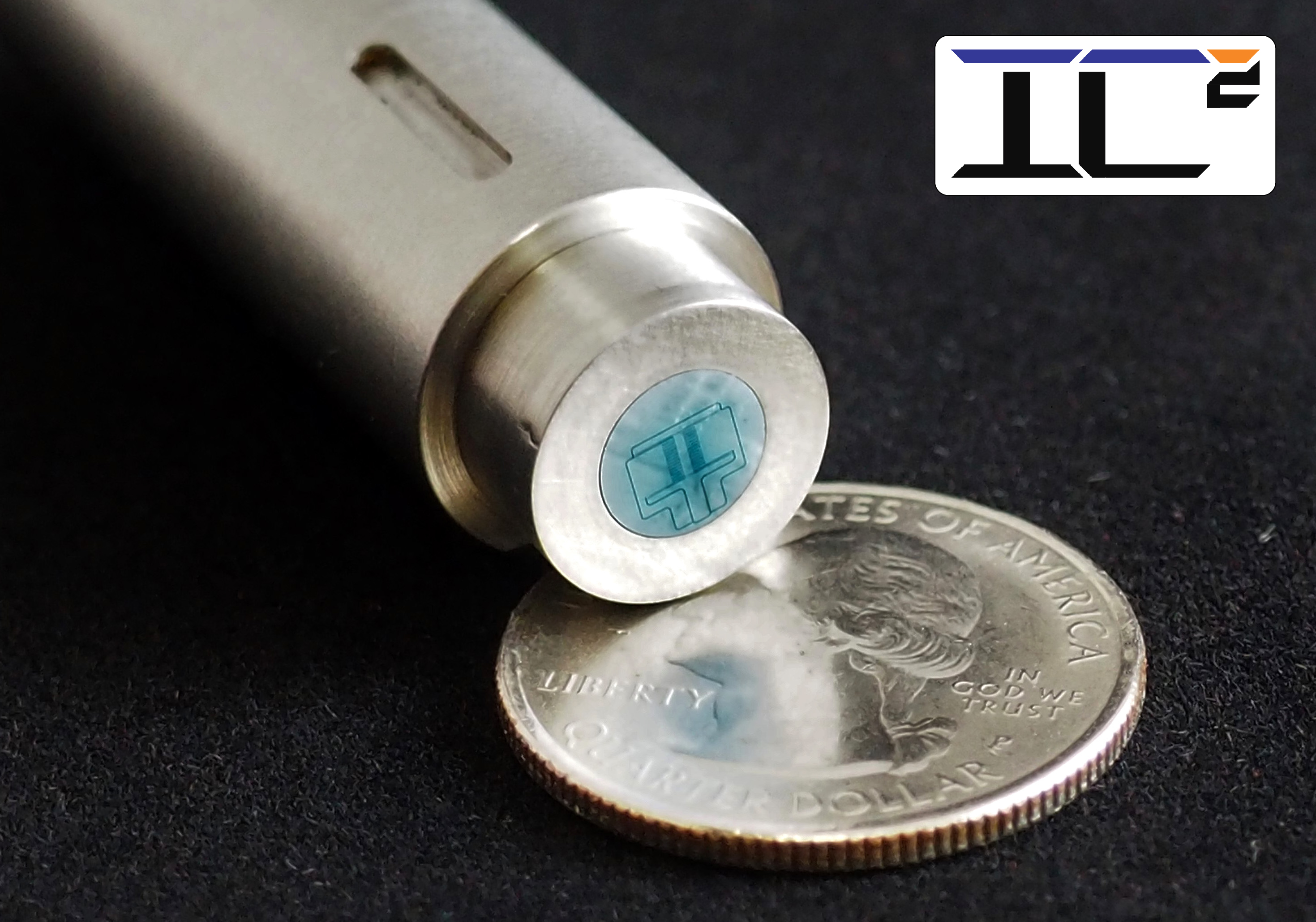Building on two decades of research and testing, UF spin out company IC² has announced the availability of its DirectShear™ Sensors, used in conjunction with aviation test equipment to measure wall shear stress. The MEMS-based device—with its core technology licensed from UF—is capable of making direct, real-time wall shear stress measurements without secondary measurements or models for validation. Wall stress is essential to understanding and solving aerodynamic drag issues and current measurement methods are only indirect, requiring highly controlled testing environments and produce a measurement only by inferred relations.
DirectShear Sensors are robust, high-bandwidth, high-resolution, silicon-micromachined differential capacitive shear stress sensors. The sensors directly measure wall shear stress through a micromachined (MEMS) sensing head with backside contacts. DirectShear Sensors bypass the limitations of existing devices, providing non-intrusive, highly accurate, quantitative measurements with reduced uncertainty.
The sensors, and IC2 itself, is a true public/private success story. The commercial product line, originally developed for NASA, is the end result of research first started at UF. During the incubation phase, the technology was matured through the work of multiple graduate students and led to several dissertations (Vijay Chandrasekharan – MAE 2009, Jeremy Sells – ECE 2009, Jess Meloy – ECE 2011, and Casey Barnard – MAE 2017). The company, which spun out of UF, is owned and staffed mainly by UF graduates and was co-founded by Dr. Mark Sheplak, ECE Florida professor. The president, Steve Horowitz, is an ECE alumnus, (Ph.D. EE, 2005).
The technology continues to be advanced through a UF / IC2 research partnership via the NSF-funded Multi-functional Integrated System Technology (MIST) Center.
More information is available at the OTL website and the IC2 website.

